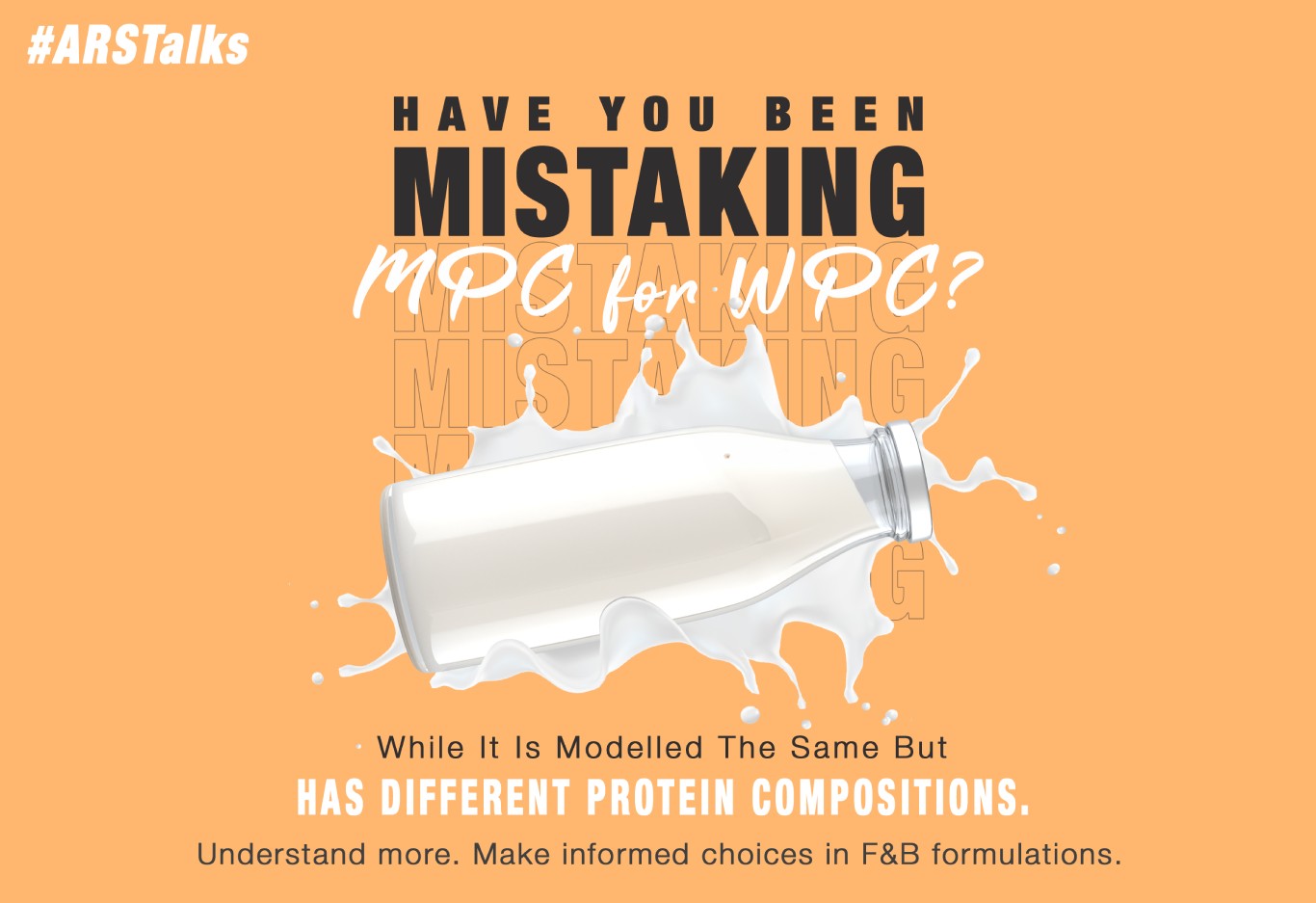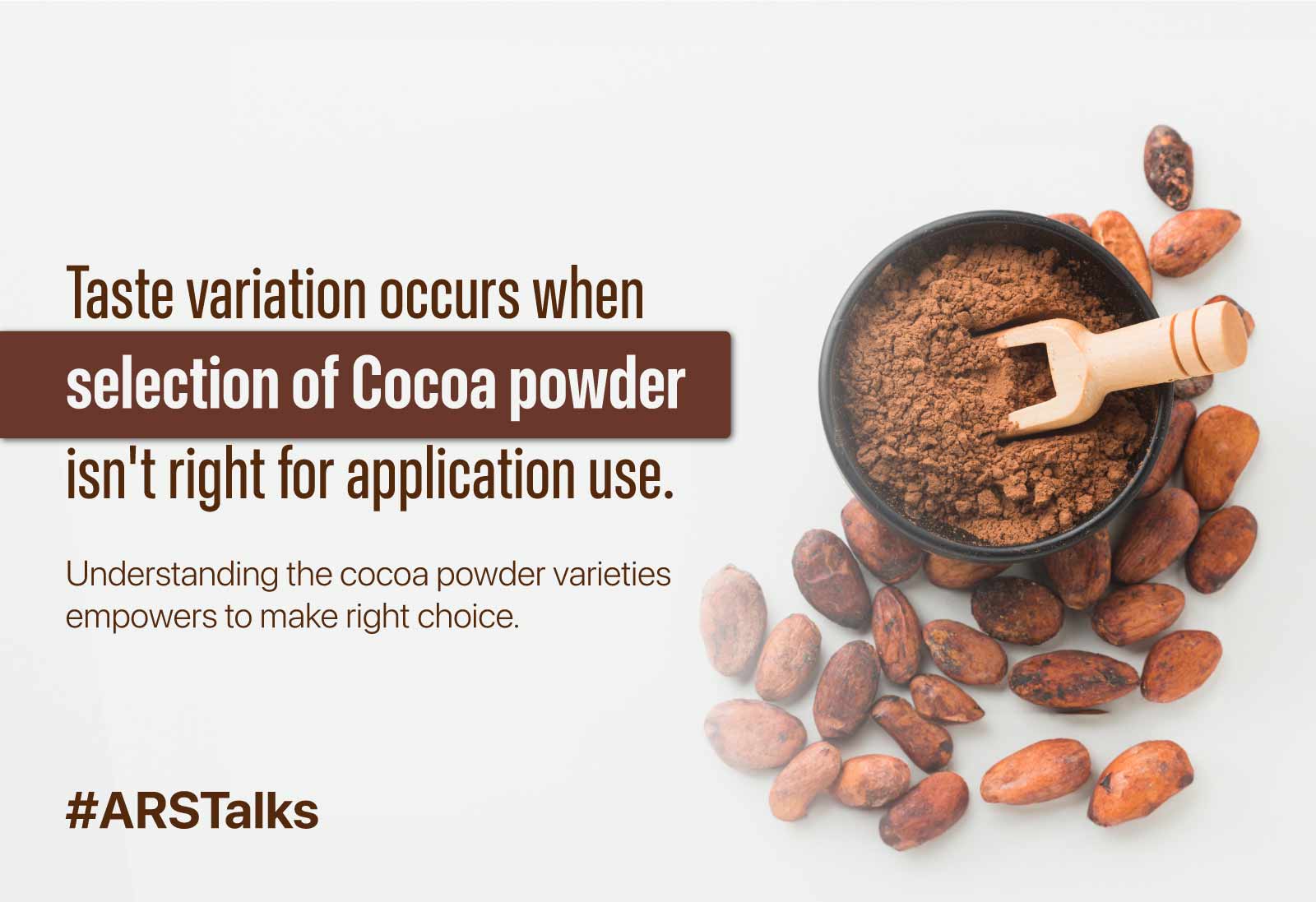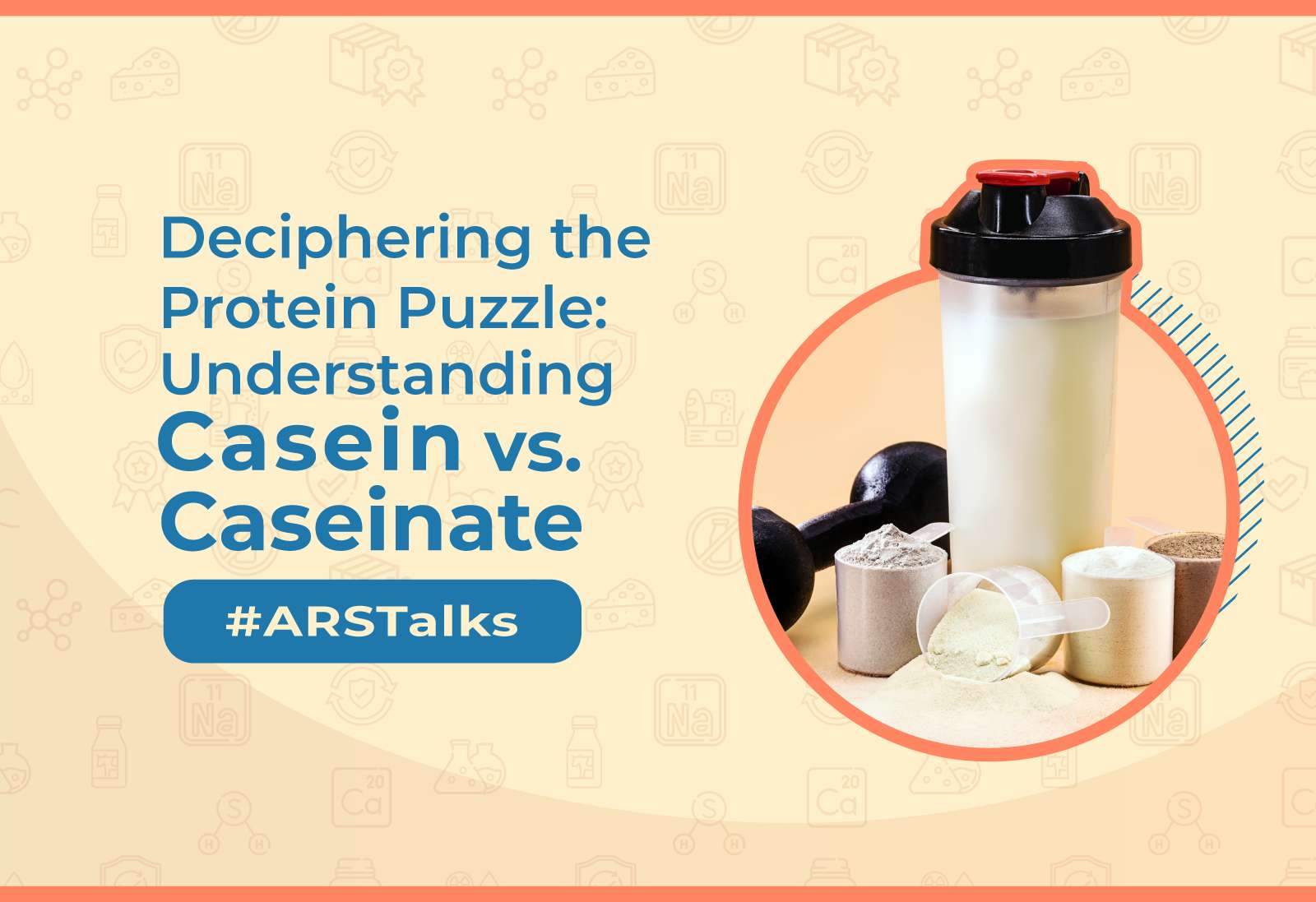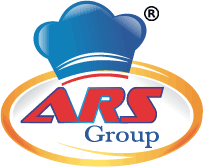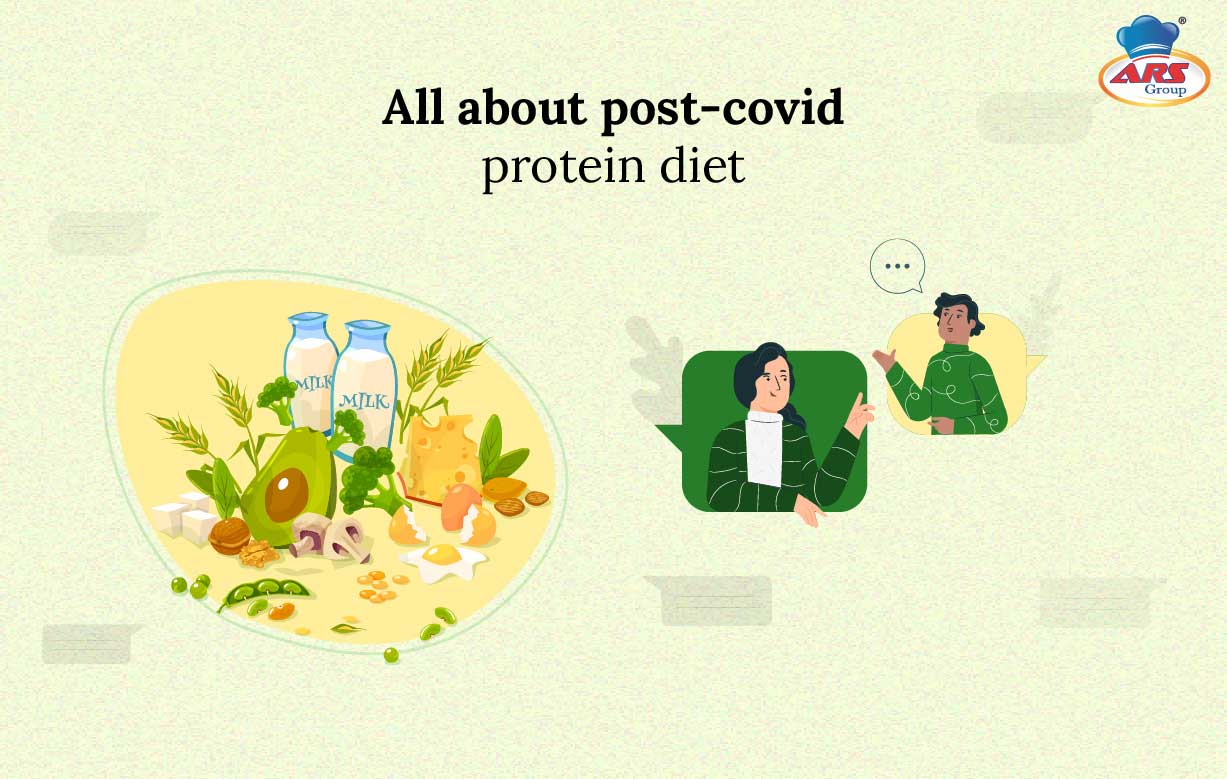
Diet has always played an important role in one’s health and fitness. With the ongoing situation, maintaining it is more imperative to indulge in mindful eating with proper diet plans. Not only that, but healthcare professionals have also suggested and prescribed a protein-enriched diet for quick and enhanced recovery of covid-patients.
We suggest some dietary guidelines and meal suggestions.
Dietary Guidelines
On the path to recovery, experts from the field have suggested that one should pursue a healthy, protein diet, even in simple but regular ways. Some of his suggestions are:
- Include more proteins to speed up the recovery process and rebuild your immune system. Some protein-rich meals that you can easily prepare at home for your breakfast, lunch, and dinner are – scrambled eggs or a fried paneer meal, pulses, and chicken or soy meal, respectively.
Medical experts suggest that, according to the recommended dietary allowance, one should start with meeting 50% nutritional requirements and then 70% by the third or fourth day of the recovery course. As the next step, one should intake 100% of the nutritional requirements.
For example, as per standards, if a person requires 1-1.5 gm per kg of body weight, and the person weighs 60 kg, so he/she requires at least 60 grams of protein normally. So, in case of covid recovery, one should include at least 30 grams of protein during the first 2 to 3 days of recovery course and then about 45 grams and then make it 60 grams gradually.
- Post-covid recovery diet calls for a lot of energy, and what better way than carbohydrates to provide you with the same. You may have reduced your wheat intake; it’s time to get back to normal. Also, don’t feel bad if you wish to take an extra one. Besides your regular intake of roti, you can also gorge upon a bowl of cereal grains, roots and tubers.
- Just like the doctors prescribed Vitamin C supplements, it is time to opt for a natural source of Vitamin C to uplevel our lung health. Citrus fruits, spinach, papaya, kiwi, tomato and others are some easily and abundantly available sources.
- Amongst all this, do not forget to take the required amount of Vitamin D and Calcium. Dairy food items and green leafy vegetables are good sources of Calcium. For non vegetarians, you may include sardines in your diet. Sardines also contain Vitamin D. Another alternative for Vitamin D for non-vegetarians is egg yolks. For vegetarians, one can pick from various fortified foods such as fat spreads and breakfast cereals.
Suggestive meal plan for post-Covid recovery:
Breakfast:
- Poha or chila or vegetable upma or 4 idli with 2 egg whites or turmeric milk.
Lunch:
- Ragi or multigrain flour roti or rice with dal or khichdi and green vegetables and a bowl of curd salad of cucumber and carrot.
Evening snacks:
- Green tea or vegetable/chicken soup or sprouts chaat
Dinner:
- Ragi or multigrain flour roti with soya beans or paneer. Add a salad of cucumber and carrot too. If you’re non-vegetarian, you can replace soya beans or paneer with chicken.
Dietary Guidelines for Diabetic People
For people with diabetes, it is imperative to consume the right food to keep blood sugar levels in control. Here are quick things that you should keep in mind and practice if you’re a diabetic patient.
- Eat at regular intervals: By taking smaller frequent meals, one can avoid spiking of blood sugar levels.
- Take a protein-rich diet: Proteins help satiate hunger and also help develop the lost muscle mass. Opt for plant based protein options like pulses which have low sugar.
- Include whole grains: Fibre helps stabilise blood sugar levels. Whole grains like Ragi, Bajra, Jowar do wonders to your health.
Sample meal plan (options) for people with diabetic Covid-19 patients:
Breakfast:
- Milk with oats or any sugar-free cereal and a boiled egg (if you are a vegetarian, you may skip eggs).
- 3 to 4 idli or a multigrain dosa with sambhar and buttermilk.
- A bowl of green vegetables and a roti with buttermilk or curd.
Mid-day:
- Any seasonal fruit
- Coconut Water
- 7 to 8 almonds and walnuts
Lunch:
- A bowl of pulse with a roti and your choice of vegetable and a bowl of curd. If you’re a non vegetarian, you may take chicken curry instead of a vegetable.
- Mixed veg rice with a cup of your choice of pulse and a cup of curd with some sprouts will give you enough proteins.
Evening snack:
- Puffed rice
- Roasted foxnuts
- Green tea with a few digestive, low sugar biscuits.
Dinner:
- A bowl of vegetable upma
- Start with a cup of soup and move onto a bowl of pulse or curd with a roti and a bowl of vegetable or chicken, as per your preference.
You may want to end your meal with a glass of milk before you go to bed.
Other than natural sources of protein, if you wish to boost your intake, you can opt for various protein powders like whey protein powder, soya protein powder, pea protein powder and others. If you are a food and beverage manufacturer, and would like to make your offerings healthier, it is time to innovate your recipes and make them full of proteins.
Disclaimer: The shared suggestions are not shared by a medical expert, but only inferences from what has been commonly shared by experts.

